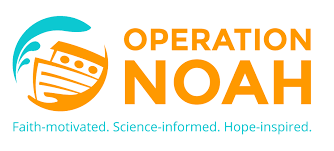
Please find attached the latest newsletter from Mouthpeace and from NW NJPN. Best wishes Jennie Co-Chair Liverpool archdiocese Justice and Peace Commission nw_njpn_justice_and_peace_e_bulletin_march_2024.pdf spring_mouthpeace_2024.pdf |
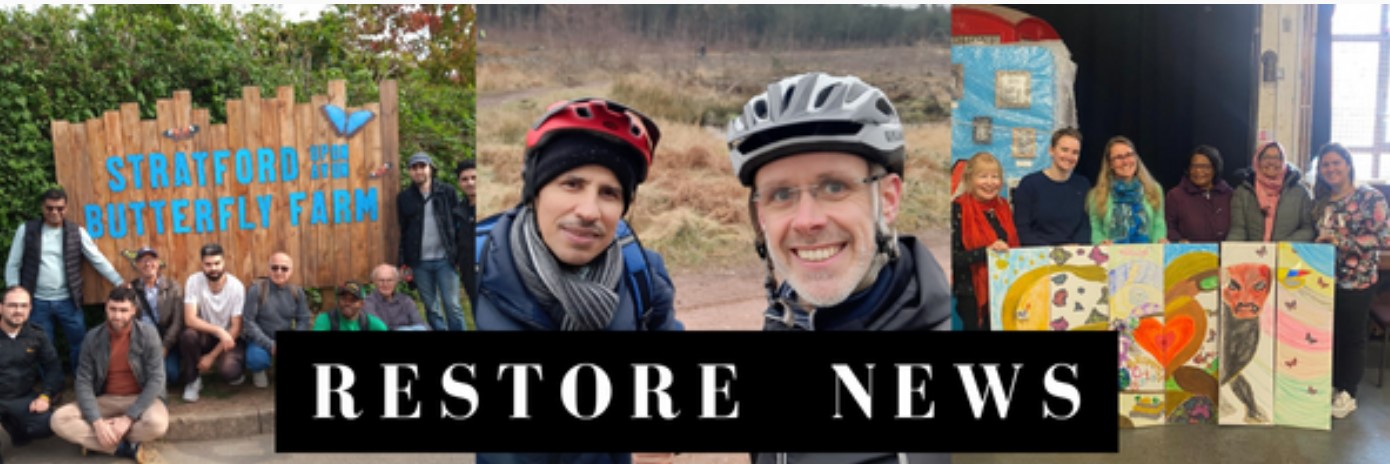
Summer's here, the sun is out (some of the time at least) and there are lots of ways you can support refugees in June.
Restore training course - Tuesdays 11, 18 and 25 June
We really need to find more volunteer befrienders, so we can support more asylum seekers and refugees. If you know people who want to combat the hostile environment, please encourage them to join the course. Please click the photo below to share the training course flyer widely in your churches and organisations, on notice boards and social media. (added 30/05/2024)
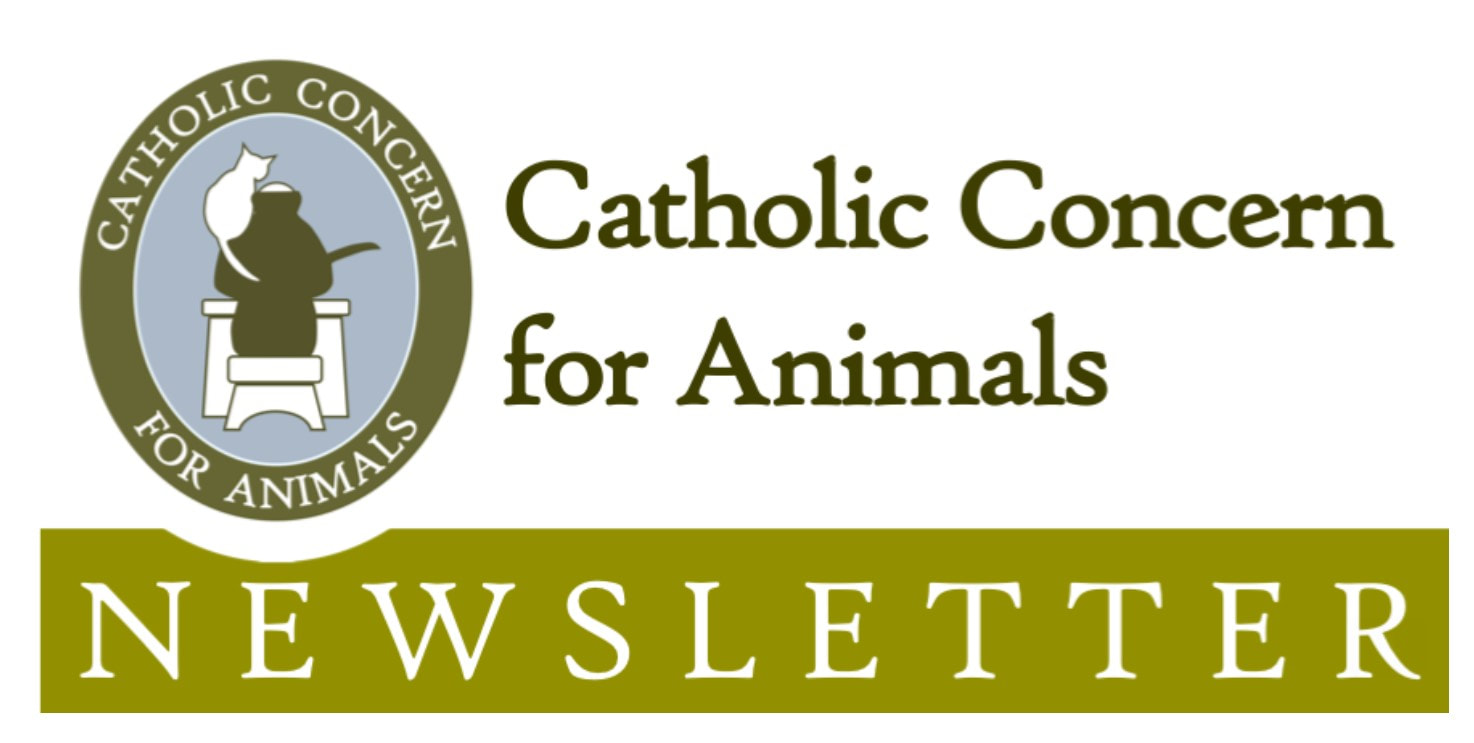
Easter 2024
Welcome to the CCA Ark Newsletter for Easter 2024. I hope that you have been enjoying a fruitful and reflective Lenten period over the last few weeks, and you should hopefully receive this newsletter during Holy Week. CCA has had a very busy period in the first few months of 2024 with activity across the globe, including important visits in both Europe and Africa, and also continued work and collaboration with animal advocacy individual colleagues and organisations from the USA, Latin/South America and Asia.
(added 27/03/2024)
|
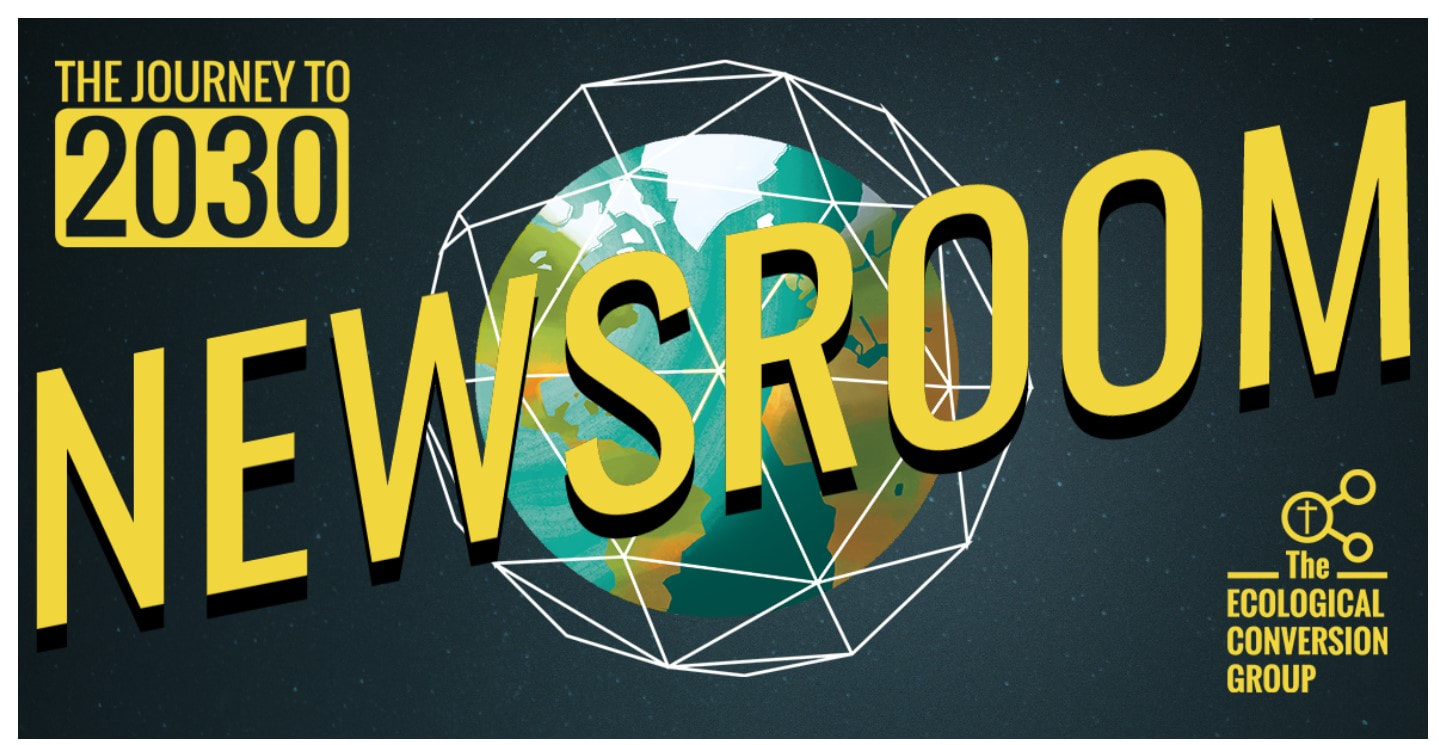
Here we are at the beginning of another Church year, with the end of 2023 rapidly approaching! It's been another busy one, and we're very excited about what's to come.
We have a number of resources here to help you and your communities engage with Advent, not forgetting that COP28 falls at the beginning of the season, so there's plenty to get involved with!
With all best wishes for the season, The Journey to 2030 Team (added 12/12/2023)
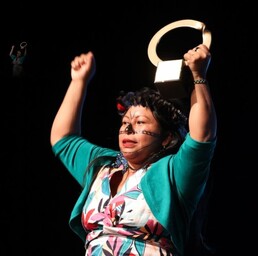
Indigenous Leader from the Brazilian Amazon Alessandra Munduruku Is Awarded Goldman Environmental Prize
Alessandra Korap Munduruku, leader of the Munduruku Indigenous peoples from the Brazilian Amazon, has been awarded the prestigious Goldman Environmental Prize in recognition of her longstanding and extraordinary activism in defense of the Amazon rainforest and the rights of Indigenous peoples in Brazil and internationally.
Stopping Anglo American’s plan to explore for copper in their territory was one of the many struggles taken on by Alessandra and the Munduruku that led her to be awarded the Goldman Environmental Prize. In May 2021, the company formally committed to withdrawing 27 mining research permits that were slated to overlap Indigenous lands in Brazil. These permits were a major threat to Indigenous peoples, as well as their territories and livelihoods.
We celebrate and honor the life and journey of resistance by the great Indigenous leader Alessandra Munduruku. May her example in defending her territory and advocating for the lives of Munduruku children and women be recognized by all and serve as a source of inspiration and strength for us to continue our work in defense of the Amazon in solidarity with all Indigenous peoples.
FIND OUT MORE »
The Birmingham Diocesan Justice and Peace Commission is funded by the Roman Catholic Archdiocese of Birmingham and the Catholic Agency for Overseas Development (CAFOD) and is a member of the Caritas - Archdiocese of Birmingham Network

